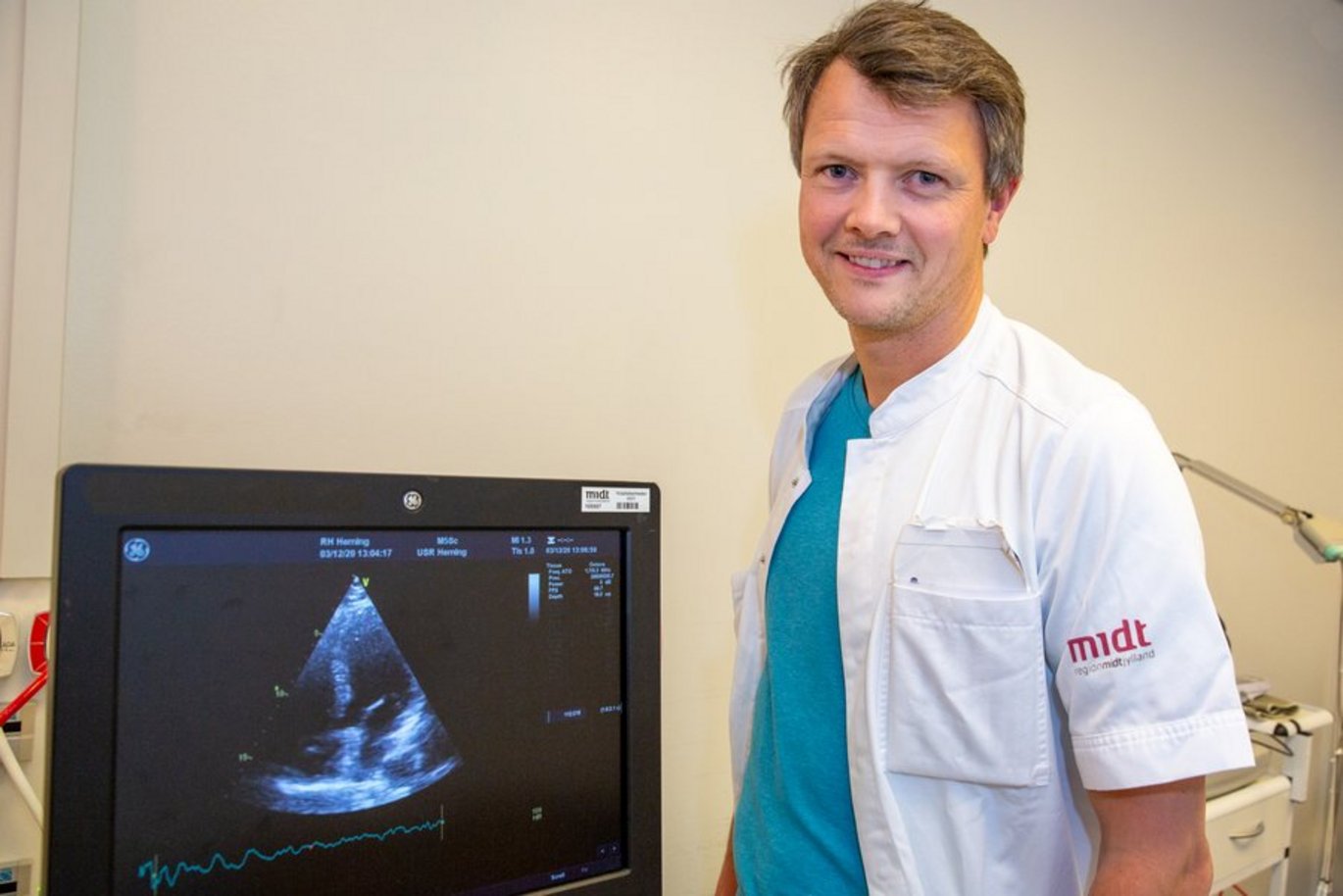Agreement with major publisher provides open access to research publications
With the new open access agreement we have moved closer to the goal of making research freely available to everyone, according to Vice-dean for Research Hans-Erik Bøtker.

Danish researchers now have unrestricted digital access to research articles from more than 3000 scientific journals. This is the result of the Royal Danish Library, on behalf of the Danish universities, recently entering into a four-year agreement with the publisher Wiley.
In addition to free digital access to peer-reviewed research articles, the agreement also enables researchers to publish open access in 1360 Wiley journals free of charge.
In 2021, the Royal Danish Library entered into a similar agreement with the publisher Elsevier, which covers 1670 journals, including a number of the world's most highly respected.
Hans Erik Bøtker, vice-dean for research at Health, is pleased with the agreement with Wiley. "At AU, we have long focused on making research open and accessible, and this agreement means that we have removed a barrier and made research results freely accessible to other researchers and other interested parties all over the world," he says.
Increases the chances of impact
Under normal circumstances, universities, companies and other organisations that need to draw on the latest research results must pay expensive licenses to gain access to publications and databases.
Clinical Associate Professor at the Department of Clinical Medicine and Cardiologist at Herning Regional Hospital, Simon Winther, is one of the researchers who has utilised the agreement with Elsevier to publish his research as open access. He has been involved in publishing around sixty research articles – primarily in relation to the investigation of arteriosclerosis diseases.
"By publishing open access, our research results are freely accessible to other scientists, and the probability of our data having impact is naturally greater if more people read the article," says Simon Winther. His latest research article was published open access in the prestigious Journal of Cardiovascular Computed Tomography.
Simon Winther cannot say specifically that this has made a difference to the article's impact factor, but he does not doubt that he will also utilise the possibility of publishing open access in the future.
"It’s exactly the same article, so it's just a question of whether the publisher hides it behind a paywall, so of course I'll take advantage of the fact that we don't need to pay extra to publish open access," he says.
Read more about the agreement with Wiley. Any questions about how you as a researcher can benefit from the agreement or how to publish open access should be directed to the Royal Danish Library at openaccess@kb.dk.
Contact:
Vice-dean for Research at Health, Hans Erik Bøtker
boetker@au.dk
Tel.: (+45) 4029 3389